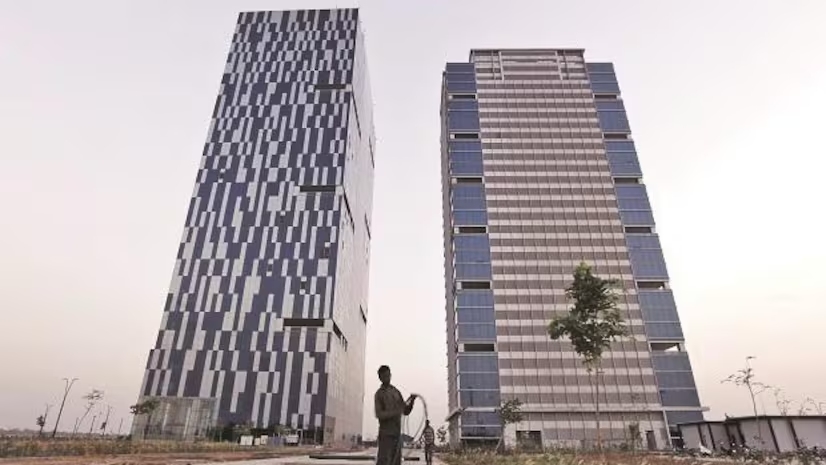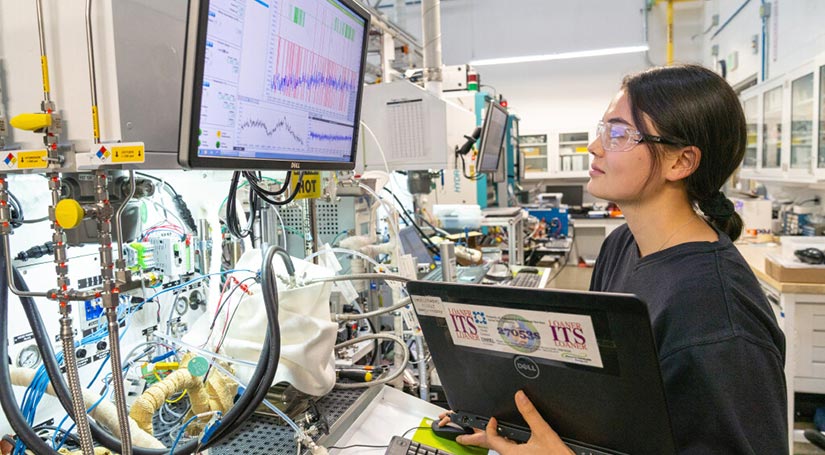Puerto Rico explores semiconductor manufacturing potential
In a strategic move indicative of Puerto Rico's commitment to technological advancement and economic diversification, the island is currently delving into the exploration of its semiconductor manufacturing potential. This forward-thinking initiative underscores Puerto Rico's recognition of the pivotal role that semiconductor manufacturing plays in the global technological landscape and its potential to be a catalyst for economic growth and innovation.
Semiconductors, often referred to as the "brains" of electronic devices, are integral to the functioning of a wide array of products, from smartphones and computers to advanced medical equipment and automotive systems. The ongoing global semiconductor shortage has highlighted the critical nature of these components and the need for resilient and diversified supply chains. Against this backdrop, Puerto Rico's exploration of semiconductor manufacturing is not only timely but also holds the promise of contributing significantly to the island's economic resilience.
One of the driving forces behind Puerto Rico's foray into semiconductor manufacturing is the recognition of the transformative impact this industry can have on the local economy. By establishing semiconductor manufacturing facilities, Puerto Rico aims to create a robust ecosystem that fosters innovation, job creation, and the development of high-tech skills. This aligns with global trends where countries are increasingly positioning themselves as key players in the semiconductor industry to secure their technological and economic future.
The exploration process involves a comprehensive assessment of Puerto Rico's existing infrastructure, workforce capabilities, and potential partnerships with global semiconductor leaders. By leveraging its existing strengths, such as a skilled workforce and a history of successful manufacturing ventures, Puerto Rico is strategically positioning itself to become a key player in the semiconductor value chain.
Additionally, the island's unique geographical location, as a U.S. territory, provides a competitive advantage in terms of access to markets and collaboration with mainland industries. Puerto Rico's status as part of the United States facilitates seamless integration into the broader supply chain, making it an attractive location for semiconductor manufacturing.
The economic implications of a successful venture into semiconductor manufacturing are vast. The establishment of semiconductor facilities would not only create direct employment opportunities but also stimulate the growth of supporting industries and services. The multiplier effect of a thriving semiconductor ecosystem can catalyze economic development across various sectors, including research and development, logistics, and education.
Furthermore, Puerto Rico's exploration of semiconductor manufacturing aligns with broader global efforts to address supply chain vulnerabilities. The pandemic-induced disruptions and the semiconductor shortage have prompted countries worldwide to reevaluate their dependence on specific regions for critical components. Puerto Rico's strategic move is a testament to its commitment to contributing to the resilience of global supply chains and becoming a trusted partner in the semiconductor industry.
In fostering an environment conducive to semiconductor manufacturing, Puerto Rico is also cognizant of the need for sustainable and environmentally friendly practices. The semiconductor industry has historically been associated with high resource consumption and waste generation. Puerto Rico's exploration includes a focus on implementing cutting-edge technologies and sustainable practices that align with modern environmental standards, ensuring that the island's economic development is harmonized with ecological considerations.
The journey into semiconductor manufacturing is not without its challenges, and Puerto Rico is actively addressing potential hurdles through strategic planning and collaboration. This includes investments in research and development, infrastructure upgrades, and partnerships with educational institutions to ensure a continuous pipeline of skilled professionals in the field.








